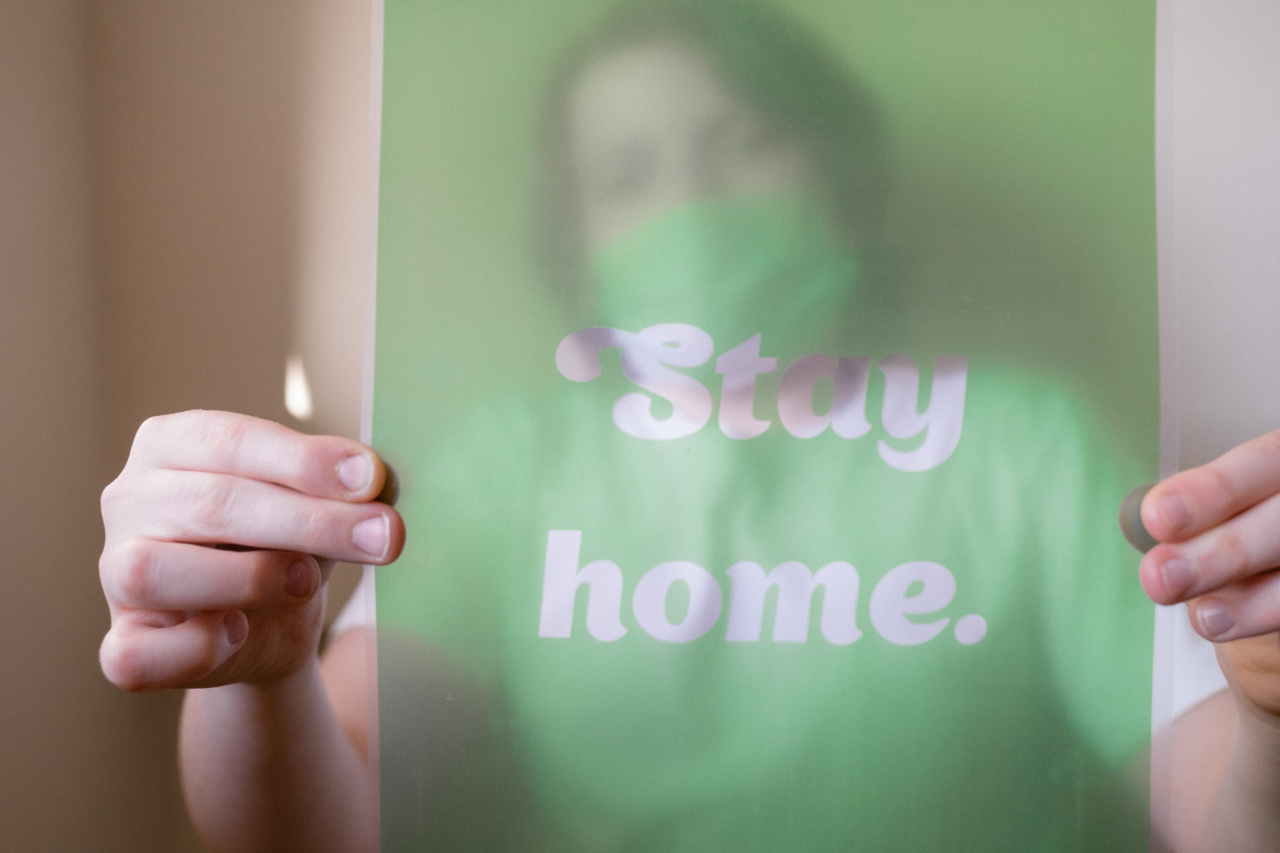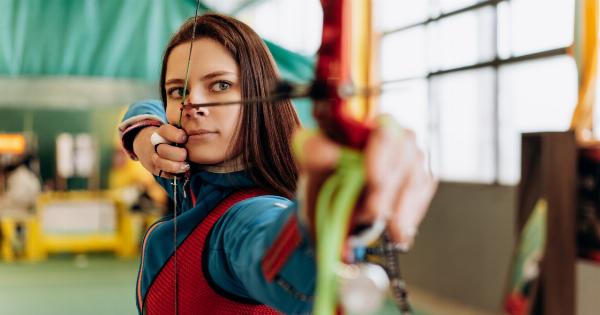Stereotypes have a significant impact on women’s self-esteem, shaping their perceptions of themselves and their worth.
Society often holds unrealistic and narrow definitions of beauty, success, and femininity, which can lead to negative consequences for women’s self-image. This article aims to explore the reasons why women’s self-esteem is often based on inaccurate stereotypes and how such influences affect their overall well-being.
Perfectionism and Unrealistic Expectations
One of the main reasons women’s self-esteem is disproportionately affected by stereotypes is the pressure to live up to unrealistic standards of perfection.
From a young age, girls witness images in the media that promote an idealized and unattainable version of beauty. This constant exposure to airbrushed models and flawless celebrities cultivates a sense of dissatisfaction with one’s own appearance and fosters self-doubt.
The Media’s Role in Reinforcing Stereotypes
The media plays a significant role in perpetuating stereotypes that negatively impact women’s self-esteem.
Advertising campaigns often feature products that promise to enhance women’s beauty, reinforcing the idea that their worth is solely based on their external appearance. Furthermore, the media tends to portray successful women as young, thin, and conventionally attractive, creating an implicit message that beauty and success are deeply interconnected.
The Dangers of Comparison
Women frequently fall into the trap of comparing themselves to others, especially in the age of social media. Constant exposure to carefully curated highlight reels of others’ lives can lead to feelings of inadequacy and self-doubt.
Comparing oneself to others who seem to embody the idealized standards perpetuated by society can be detrimental to women’s self-esteem and overall mental well-being.
The Influence of Societal Expectations
Society often imposes rigid expectations on women, defining their roles, behaviors, and appearance. These expectations can significantly impact women’s self-esteem as they feel the pressure to conform.
Whether it is the expectation to be a nurturing mother, a successful career woman, or maintaining a perfect physique, women often internalize these expectations and judge themselves harshly when they fall short.
The Inner Critic and Negative Self-Talk
Constant exposure to societal stereotypes can contribute to the development of an inner critic, a harsh and judgmental voice in women’s minds that perpetuates negative self-talk.
This inner critic can erode self-esteem, creating a constant state of self-doubt and fostering feelings of unworthiness.
Challenging Stereotypes and Building Empowerment
It is essential to challenge societal stereotypes and build empowerment among women to combat the negative effects on their self-esteem.
This can be achieved through efforts such as promoting diverse representation in media, celebrating all body types, challenging beauty norms, and fostering environments that prioritize authenticity and individuality.
Encouraging Self-Acceptance and Self-Care
Emphasizing the importance of self-acceptance and self-care is crucial in improving women’s self-esteem.
By promoting self-compassion, encouraging positive self-talk, and practicing self-care rituals, women can develop a healthier relationship with themselves and reject inaccurate stereotypes that negatively impact their self-worth.
Cultivating Supportive Communities
Creating supportive communities where women can connect, share experiences, and uplift each other is vital for combating the influence of stereotypes.
Through open dialogue, women can challenge societal expectations, find comfort in knowing they are not alone in their struggles, and cultivate a sense of belonging and acceptance.
Embracing Individuality and Redefining Standards of Success
It is crucial for women to embrace their individuality and redefine their own standards of success.
By acknowledging and valuing their unique strengths, interests, and accomplishments, women can reclaim their self-esteem from the confines of inaccurate stereotypes.
Seeking Professional Support
In cases where debilitating self-esteem issues arise as a result of societal stereotypes, seeking professional support can be tremendously helpful.
Therapists and counselors can provide guidance, validate experiences, and offer tools for building a healthier self-perception, empowering women to break free from the shackles of inaccurate stereotypes.
Conclusion
Women’s self-esteem is often based on inaccurate stereotypes perpetuated by society, media, and societal expectations.
The pressure to conform to narrow definitions of beauty, perfectionism, and constant comparison with others can significantly impact women’s self-image and overall well-being.
However, by challenging stereotypes, encouraging self-acceptance and self-care, fostering supportive communities, redefining standards of success, and seeking professional support when needed, women can break free from the influence of inaccurate stereotypes and cultivate a healthier, more empowering sense of self-esteem.































